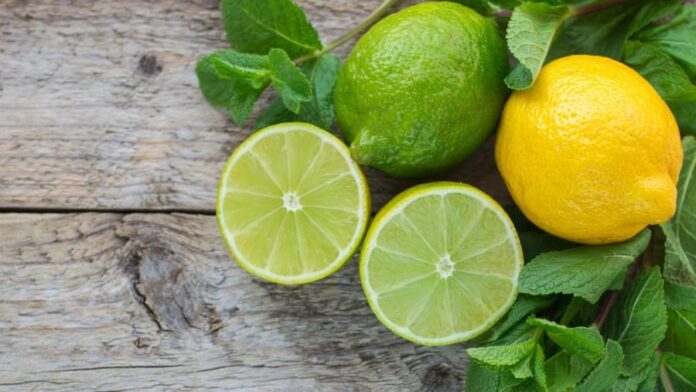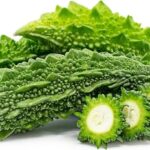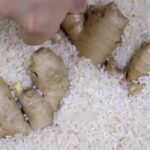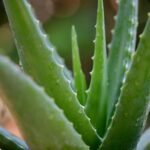The Humble yet Mighty Citrus Leaf
Lemon leaves are not just a familiar herb in Vietnamese cuisine but also a valuable medicinal ingredient in traditional medicine. With its subtle fragrance, the lemon leaf enhances the appeal of soups, curries, stir-fries, beverages, and desserts while offering a plethora of health benefits.
Boosting Immunity and Fighting Infections
Rich in vitamin C, lemon leaves stimulate white blood cell production, strengthening the body’s defense mechanism against disease-causing bacteria and viruses. In traditional Chinese medicine, the leaves are described as having a sweet and warm nature, aiding in soothing the throat, reducing phlegm, and fighting bacteria, making them highly effective in treating cold-induced coughs and flu.
The natural essential oils in lemon leaves also exhibit antibacterial and anti-inflammatory properties, helping to alleviate coughs and loosen phlegm. Drinking a warm cup of lemon leaf tea daily is an excellent way to ward off colds and flu.
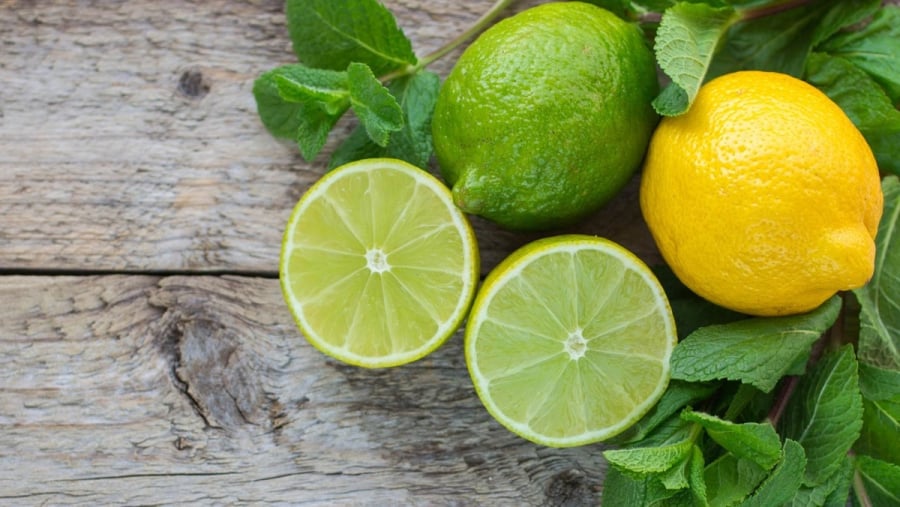
Lemon Leaves: Nature’s ‘Ginseng for the Masses’ with Surprising Benefits
Fresh lemon leaves contain aromatic essential oils and are commonly used for steam inhalation to relieve cold symptoms. “When used appropriately, lemon leaves can be a powerful ally in both culinary and health endeavors,” shared a homemaker.
Skin Care and Stress Relief
Packed with vitamin C and antioxidants, lemon leaves shield the skin from sun damage, prevent signs of aging, and fade dark spots. Lemon leaf water can be used as a facial cleanser or combined with other natural ingredients to create nourishing face masks.
The refreshing aroma of lemon leaves also helps alleviate stress, inducing a sense of relaxation and calm. Research indicates that the aromatic compounds in lemon leaves can stimulate neural receptors, reducing stress levels and improving sleep quality, thereby enhancing overall well-being.
Anti-inflammatory, Anti-aging, and Cancer Prevention
Lemon leaves excel in their anti-inflammatory and antimicrobial properties, bolstering the immune system. Antioxidants such as flavonoids, phenolic acids, and terpenes found in lemon leaves scavenge and neutralize free radicals.
“Free radicals are unstable molecules generated during metabolism and exposure to external factors like sunlight, pollution, and stress. Their excess can damage cells and tissues, contributing to aging and increasing the risk of chronic diseases such as cardiovascular issues, cancer, and other health concerns,” explained a physician.
Thanks to their potent antioxidant activity, lemon leaves safeguard the body against cancer and premature aging. Additionally, they are an excellent source of vitamin C, a crucial antioxidant that protects cells from free radical damage and enhances the functionality of other antioxidants in the body.
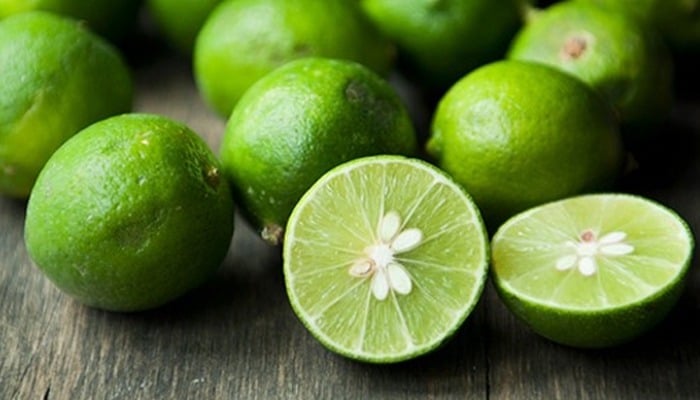
Digestive Support
Compounds in lemon leaves stimulate bile secretion and reduce gas formation in the intestines, improving digestion and alleviating symptoms like bloating, indigestion, and abdominal distension. Furthermore, their anti-inflammatory and anti-obstructive properties help maintain a healthy digestive tract, as reported by VOV.
Traditional Remedies Using Lemon Leaves
For treating colds and fever: Use 20g of lemon leaves, 5g of grapefruit leaves, 10g of tangerine peel, and 15g of cúc tần leaves. Decoct the mixture and drink the infusion throughout the day. Continue this remedy for 2-3 days.
For coughs due to cold: Use 3g of fresh ginger and 5g of fresh lemon leaves. Decoct with 400ml of water until reduced to 100ml. Drink the infusion during the day. Honey or rock sugar can be added for taste.
For bronchial asthma: Use 35g of lemon leaves and 15g of pink thread leaves that have been stir-fried to a yellow-brown color. Decoct with 3 bowls of water until reduced to 1 bowl. Drink the infusion throughout the day and continue this remedy for 10 days.
With their impressive benefits and wide availability, lemon leaves are indeed nature’s “ginseng for the masses,” a precious gift from Mother Nature. However, it is advisable to consult healthcare professionals before using lemon leaves as a medicinal treatment to ensure safety and efficacy.


























